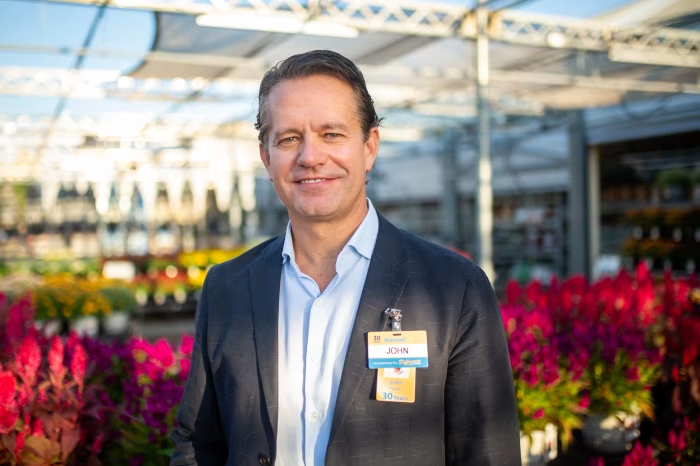Pearl River I have kept my eyes peeled intensely on Walmart for over twenty years and out of curiosity ever since I lived in Arkansas, where I first encountered them. They were the very poster image for many years of ruthless corporate capitalism, here and abroad. They were huge. Their workers were underpaid widgets in their machinery. They disrupted communities. They sweated suppliers and drove competitors out of business. I ran a coordinated campaign between ACORN, the AFL-CIO, SEIU, and the UFCW beginning in 2005 to organize their workers in Florida, to stop their big box expansion along the I-4 corridor, and to prevent their growth in India, where we still tussle with them.
Don’t misunderstand me. I’m not starting or joining a fan club, but I am taking another look at the company in light of other giants in US late-stage capitalism.
I read closely a piece not long ago that claimed the company had become a business school case study for having turned around lagging sales and store conditions counter intuitively to most corporate leadership by actually raising wages. For all the fluffy PR rhetoric, reading stories about how they groom line workers onto career ladders as local and area managers makes it hard to dispute that they know something about how to run a company and, even if it hurts me to say so, manage people.
For all the money they make and the billions they have made for the Walton family, the numbers still indicate that their pricing strategy has lowered food costs for lower income and working families across the country. Their stores in recent decades have almost all been certified to handle food stamps. Food stamps are so much a part of their business that my own calculations indicate that they will lose $72 billion dollars in sales through SNAP due to Trump’s big bad budget bill. I have to pinch myself to come back to reality when occasionally I wonder if they might even be an ACORN ally in trying to prevent people from losing their benefits.
I was interviewed a couple of years ago by an academic writing a book about Walmart. I poo-pooed their pickup system then, but it seems to have worked for them, though I’m not sure how well. On the other hand, they soared in the pandemic, including accelerating their online presence and delivery system to go head-to-head with Amazon.
Ok, so they run a tight and effective ship. None of that is really my point. They are still a business that is forced at the checkout line to be accountable to customers and to depend on workers. Compared to the tech behemoths, their indifference to the harm they cause, their callous disregard for any accountability, exploitation of their “customers” data and privacy, and willingness to abet hate, autocracy, and worse, while amassing gross levels of wealth, makes Walmart seem almost benign. Sam Walton almost seems a good guy compared to Elon Musk, Jeff Bezos, and Mark Zuckerberg. Walmart is forced to have to live and work in its communities. The tech overlords recognize no community, no country, and seemingly nothing but their own ambition and interests. I would be afraid to walk across the street with the Sam of OpenAI, but I’m pretty confident that I would be ok if I caught a ride in Sam Walton’s pickup.
I started thinking about all of this while reading a story about the 51-year-old Arkansas and Bentonville-area native now anointed as the next CEO of Walmart. Sure, it was puffy, but not utter pablum. All of these guys are trained, tutored, mentored, coached, and more about how to tell their story and stand in public, but even discounting all of that, it was hard not to understand how he became a Walmart lifer, even though it doesn’t completely explain how he rose to the top. His dad worked for the company, opening new stores. The company and the Waltons helped his mother pay for cancer treatments and get the best care when she was ill.
What really struck me though was the smooth way he gave credit to others. He got a B in a management leadership course and still asks the U of A professor for advice, and then takes it. Including, not closing stores in the pandemic. He credits the prof with telling him “…that if a leader doesn’t directly share thoughts with rank-and-file workers, they will ‘fill in the void and you won’t like what they fill it in with,’” which anyone who has every managed a big organization and its staff knows is gospel.
I still wouldn’t call myself open-minded about the company. I still think they need a union. All I’m really saying at the bottom line is how amazingly terrible it is for all of us that so many dominant companies today have come to make Walmart look so much better.
